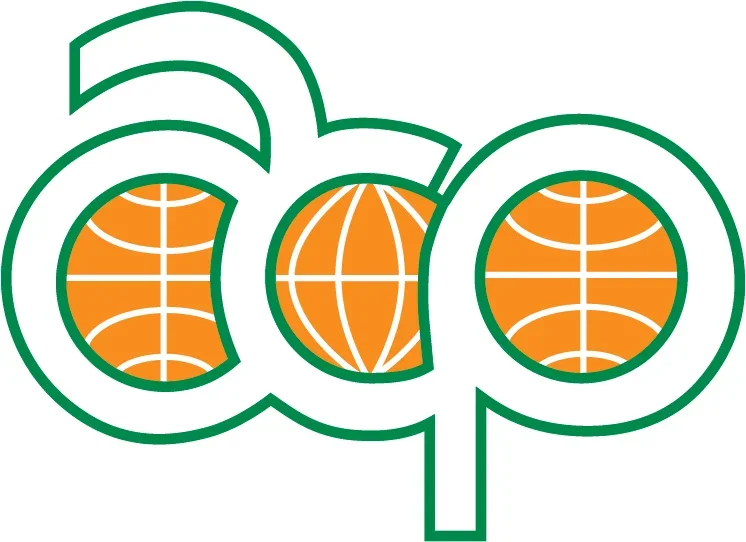
The Organisation of African, Caribbean, and Pacific States (OACPS) is an international alliance that brings together countries from three regions: Africa, the Caribbean, and the Pacific. Formed in 1975 through the signing of the Georgetown Agreement, the OACPS was initially established as the ACP Group to facilitate cooperation among its members and to promote their collective interests on the global stage, particularly in terms of economic development, trade, and political stability.
The main objective of the OACPS is to improve the welfare and development of its member countries through collaboration in various fields, including sustainable development, human rights, climate change, and peace and security. The organization aims to create a stronger voice for its members in international forums and negotiations, advocating for policies that are favorable to the socio-economic growth of the African, Caribbean, and Pacific regions.
One of the key functions of the OACPS is to coordinate and facilitate development aid, technical assistance, and trade relations between its member states and other countries or international organizations, especially the European Union. The OACPS historically worked closely with the EU through the Cotonou Agreement, which governed their cooperation on issues such as trade, political dialogue, and sustainable development. The Cotonou Agreement was succeeded by the Post-Cotonou Agreement, which was signed in 2021, continuing the OACPS’s role in fostering a more equitable global partnership.
In addition to economic cooperation, the OACPS also focuses on regional integration, peacebuilding, and promoting democracy. Its member states benefit from joint efforts in tackling global challenges such as poverty, climate change, and political instability. The OACPS remains a key player in advocating for the development interests of the Global South on the international stage, with an emphasis on solidarity and mutual cooperation.
